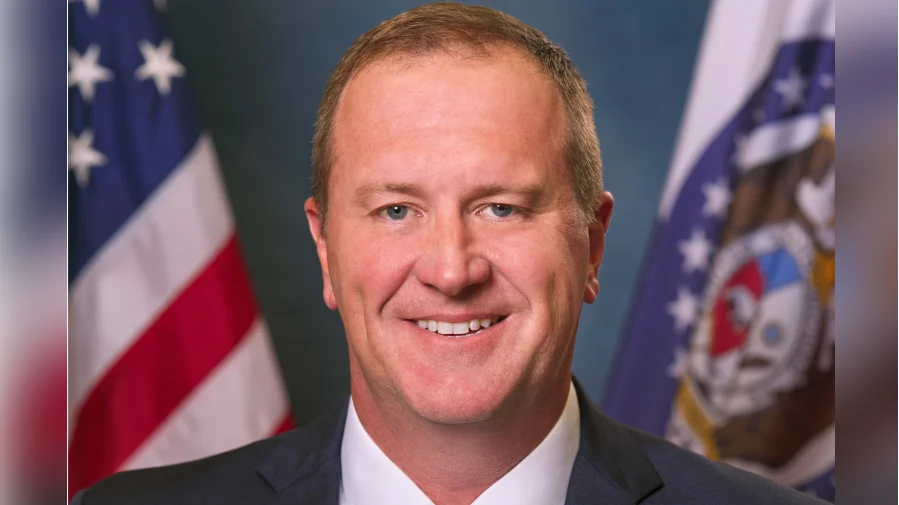Senator Eric Schmitt | U.S. Senator Eric Schmitt
Senator Eric Schmitt | U.S. Senator Eric Schmitt
U.S. Senator Eric Schmitt (R-MO) led the Senate Judiciary Committee’s first full hearing focused on what he described as a cover-up of President Joe Biden’s mental decline and the potential risks to national governance.
During his opening remarks, Schmitt stated, “President Biden’s decline did not suddenly begin in June of 2024. It was a persistent and obvious truth that was evident for years to anyone willing to see it. This reality did not require special insider knowledge or investigative reporting to uncover…The truth was glaringly obvious: Anyone who was paying attention could tell that the Emperor had no clothes… For four years, we had a president who could barely string together coherent sentences after 6 p.m., yet this glaring fact went unreported, undiscussed, and unaddressed.”
Schmitt criticized Democratic committee members for what he called a “de facto boycott” of the hearing. He said, “Today, as we seek to uncover the truth, it is deeply disappointing—but not surprising—that the Democrats on this committee have chosen to all but boycott this hearing and have failed to call a single witness. Their absence speaks volumes—an implicit admission that the truth is too inconvenient to face. By refusing to engage in this critical examination, they abdicate their responsibility to the American people. This de facto boycott is not just a refusal to participate; it is a refusal to serve the American people who deserve answers about who was truly leading their government.”
With no minority witnesses present, Schmitt shared a video featuring members of the Biden Administration and elected officials denying concerns about President Biden’s mental state.
Director of the Administrative State Project Theo Wold addressed questions regarding presidential decision-making during periods when President Biden may have been incapacitated. Wold explained: “That’s a great question…there is a real consideration here on authentication. And in my time in the first Trump White House, there was an exhaustive process to determine how paper flowed into the Oval and when the President had given his assent to a certain action that was through, in fact, two different policy channels. The staff secretary and then there was also…essentially policy management guiding the flow of documentation. If the Biden Administration staffers and personnel wanted to put this to bed, they could very easily dispel all of this by saying, ‘here are the documents that show the President assented to these actions.’ The Trump Administration would have that, previous Administrations would have that. And if that’s not there, then there is cause to improve the way that executive branch employees authenticate actions undertaken by the President.”
Former White House Press Secretary Sean Spicer testified about media coverage related to questions surrounding President Biden’s cognitive health.
Professor John Harrison responded to inquiries from Schmitt regarding legal options for challenging decisions or pardons signed without direct presidential involvement.
At the conclusion of the hearing, Schmitt asked each witness for recommendations on preventing similar situations with future presidents.




 Alerts Sign-up
Alerts Sign-up